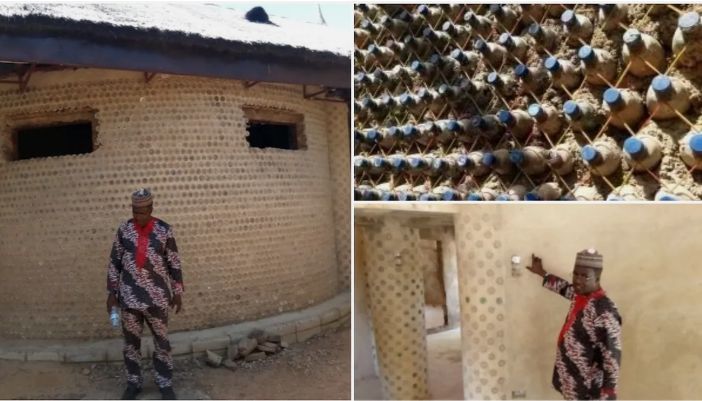Barcelona Institute for Global Health (ISGlobal) and the University of Chicago led the study. They aimed to determine the impact of global warming on the spread of malaria.
“It is also believed that the largest effect could occur in the highlands, where lower temperatures limit vector abundance, leading to intermittent and seasonal disease outbreaks,” read a statement by ISGlobal.
“We see that malaria epidemiology in these areas is strongly under climate control at all scales. (Months, years and even decades). Which settles once and for all the debate on whether climate change is affecting or not the dynamics of malaria in Africa.” Xavier Rodo said. Rodo is the head of the Climate and Health Program at ISGlobal and the first author of the study.
The research, published in the Nature Communications journal, specifically focused on Ethiopia’s Oromia region. This is an area with a high population. It resting some 1,600 and 2,500 meters above sea level.
The team used mathematical modelling to analyze “the association between malaria cases, regional climate (local temperatures and rainfall) and global climate.”
“The results show that the variation in malaria cases correlates extremely well with changes in regional temperatures. The regional decline in temperatures linked to the slowdown in climate change. This coincided with the reduction in malaria cases observed from 2000. This is five years before disease control measures were reinforced,” read the statement.
“This decline in cases coincided with the slowdown in the increase of global surface temperature… The analysis shows there is a “chain of effects” from global climate variability to regional temperature variations in East Africa. Which translates into new malaria cases in the Ethiopian highlands.”
Additionally, Mercedes Pascual, a researcher at the University of Chicago and last author of the study, said: “The link between disease dynamics and climate conditions is so strong. It is also evident at multiple temporal scales, from seasonality to multiannual cycles to decadal trends.”
Rodo also said the proof that “the slowdown in warming influenced malaria transmission demonstrates the strong coupling between disease and climate.”
Change Also;
- UN Report Says Green Recovery Can Revive Covid-Hit African Economy, Tackle Climate Change
- Climate Change And African Farmers, What This Battle Means
- African Countries Among Top 10 Worst-Hit By Climate Change
Please use the button below to contribute to Newslex Point, Inc. using a credit card or via PayPal.

 Newslex Point News in Uganda, Uganda news
Newslex Point News in Uganda, Uganda news












